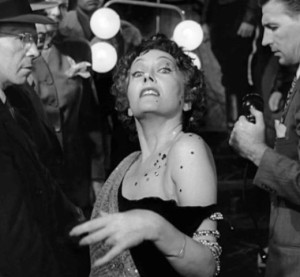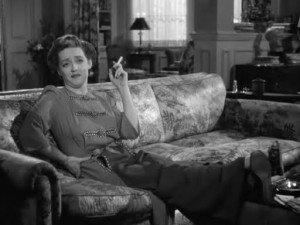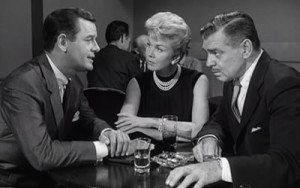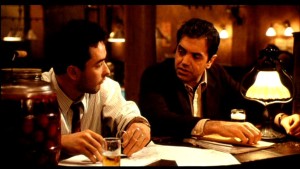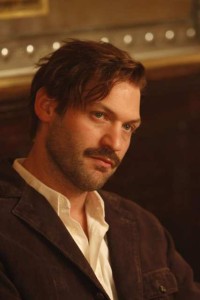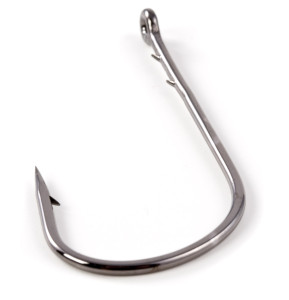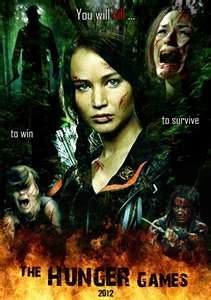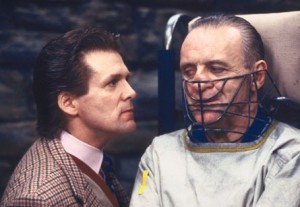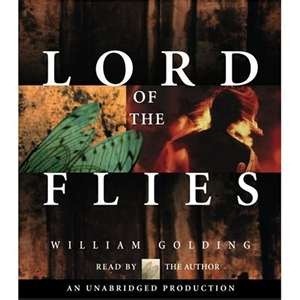Today’s first page critique submission is entitled, DON’T SAY A WORD. As Joe said yesterday, we’re accepting 350 words max of works in progress. We aim to provide an overall assessment of the work based on what we’ve learned through our own publishing experiences. We hope it will be helpful not just to the author of each work, but to all of our readers.
DON’T SAY A WORD
“All right, Marconni, see Valentino. There. Mickey’s the one in the red silk,” I said, pointing to the three gang members of the Valentino family gathered in the New York City Italian restaurant.
Assistant FBI Director John Marconni drew in a deep breath as we watched the surveillance feed. The lights inside glowed dim, and the closed sign appeared in the window with the red checkered curtains two hours ago. The last public patrons were long gone.
“They won’t be there long. Valentino doesn’t socialize well,” I said, running a hand over my neck, massaging the tight muscles.
Marconni nodded. “He’s not slipping out this time, Aiello.”
“You won’t take him alive,” I said, shaking my head, “he’ll never testify.”
I grimaced and felt adrenaline pumping into my system. At least at this hour, whatever went down, no more civilians would die at Valentino’s hands.
Marconni raised his hand and spoke into the mike. “Hold, Team one. Eyes open, Team two!”
I saw it.
Movement on the street caused Marconni’s hesitation.
A figure appeared out of the shadows and walked toward the restaurant. A woman, dressed to the nines, clingy red scrap-of-a-dress, four inch heels, body to die for. Long brown tresses cascaded to her waist. She fished in her purse for something.
“We got her, boss. She’s going in. Team two, hold position. We got a renegade on approach.”
My heart slammed into my chest.
She inserted keys into the lock and for a fraction of a second, as she opened the door to the Valentino hideout, the dim lights inside illuminated her face.
“You seeing this, Tony?” Marconni asked.
“I see it,” I growled, the recognition flooding into me, twisting my gut.
I watched as the woman walked over to Mickey Valentino. He pulled her into his arms and they embraced. Kissed. His hands roamed all over her, and I watched with revulsion as she responded to him.
“We gotta go in, Tony. I’m sorry,” Marconni whispered where only I could hear. Then he spoke into his mike, “Go, Team Two. Take ‘em alive. All of them.”
As an opening page, I really enjoyed this submission. The author does a good job of dropping the reader into the middle of a scene without an inordinate amount of exposition. The stage is set nicely for whatever is about to transpire.
I do wish that I was given a better sense of where the narrator is vis a vis the action; is he in a van? I assumed so, based on the surveillance feed line, but a single sentence of clarification would be helpful. What does it smell like inside the van? Maybe it reeks of take out, since they’ve been there for awhile. Perhaps our narrator is hungry, since he’s been stuck there for hours. Also a few lines about the restaurant, and/or the surrounding area. Is there anyone else outside? Is it summer, spring, fall? This is another opportunity to provide a few key details that really set the stage. I understand that it’s late; can he hear garbage trucks collecting trash from dumpsters? A few cabs sliding past on the nearly empty streets? Are homeless people dozing in nearby doorways?
And what does Marconni look like? Is he in a sharp or rumpled suit? Old, or young? Again, just adding in a sentence here or there to build a sense of what the characters look like and what they’re feeling would be helpful.
There’s a nice noir feel to this piece, and I think it would be great to expand on it a bit. But some of the phrasing is a bit trite: grimacing, heart slamming into my chest, adrenaline pumping into my system. These are all nice and descriptive, but a bit overused. I would aim for more subtlety, and coming up with a way to illustrate these sensations that is more original.
All in all, I would definitely keep reading. I’m curious to find out what the narrator’s relationship is to this woman, and to discover what’s about to happen in the restaurant. Well done.


